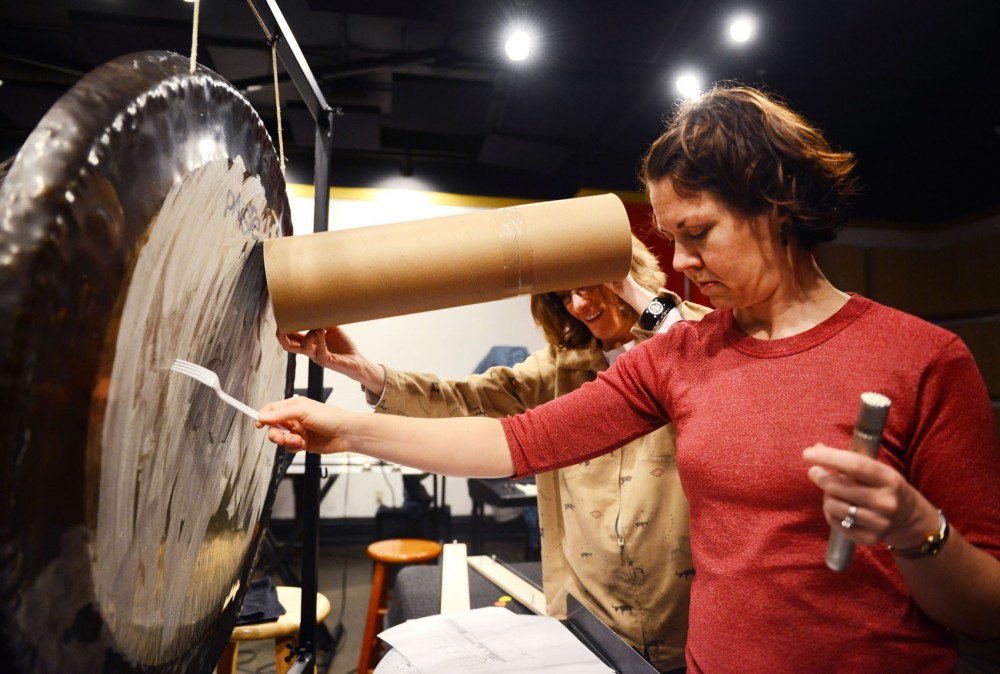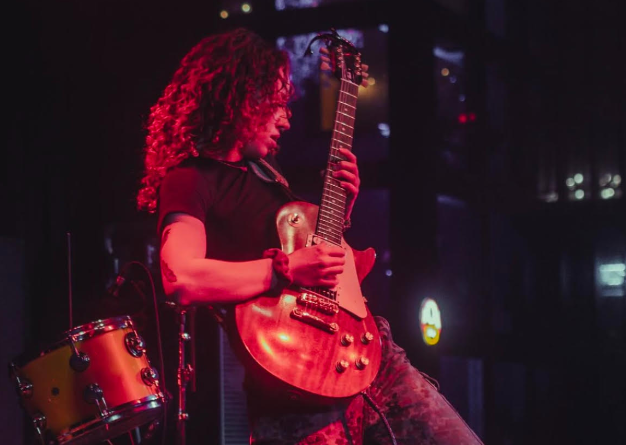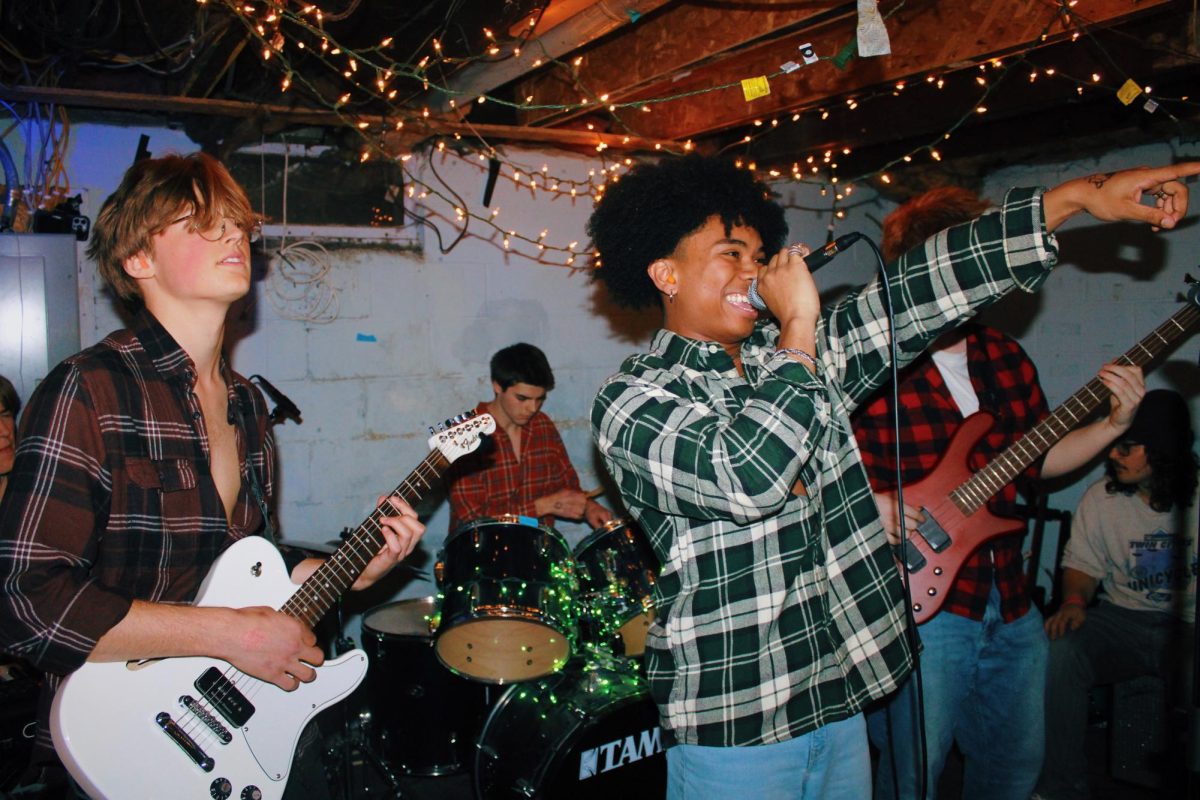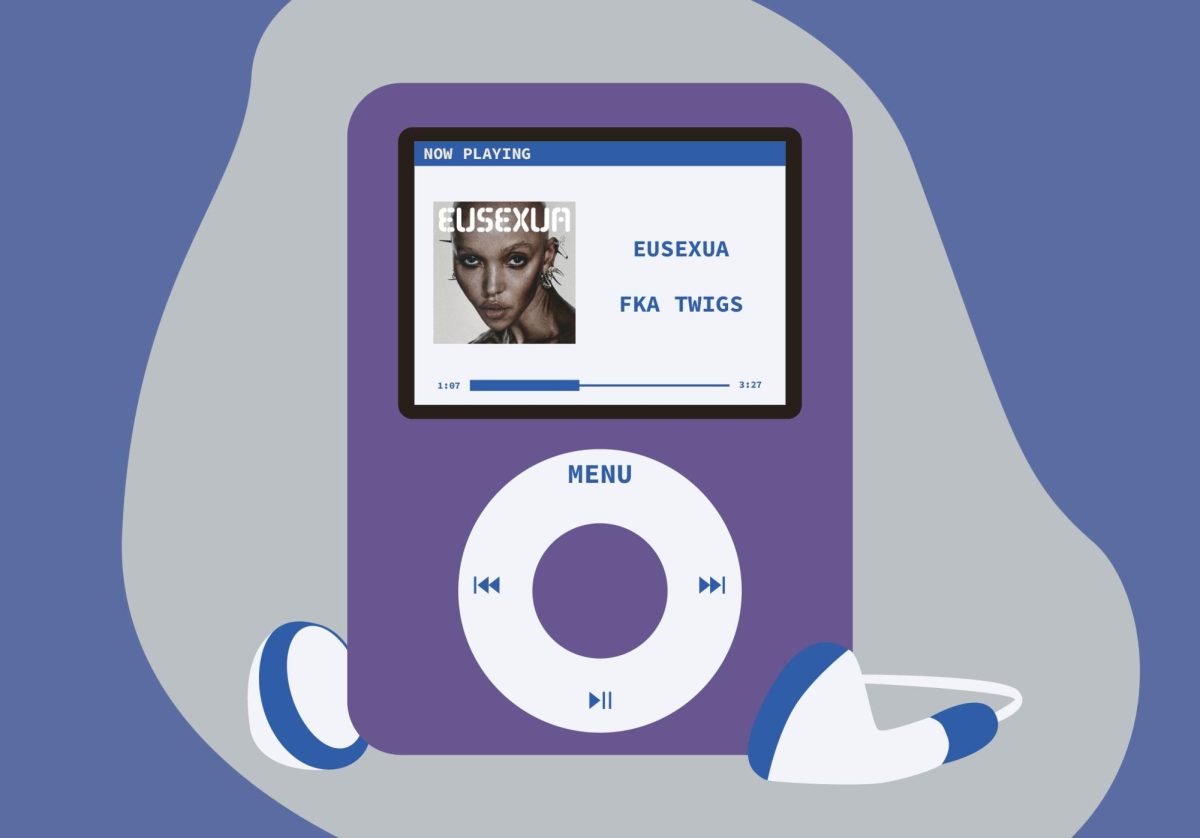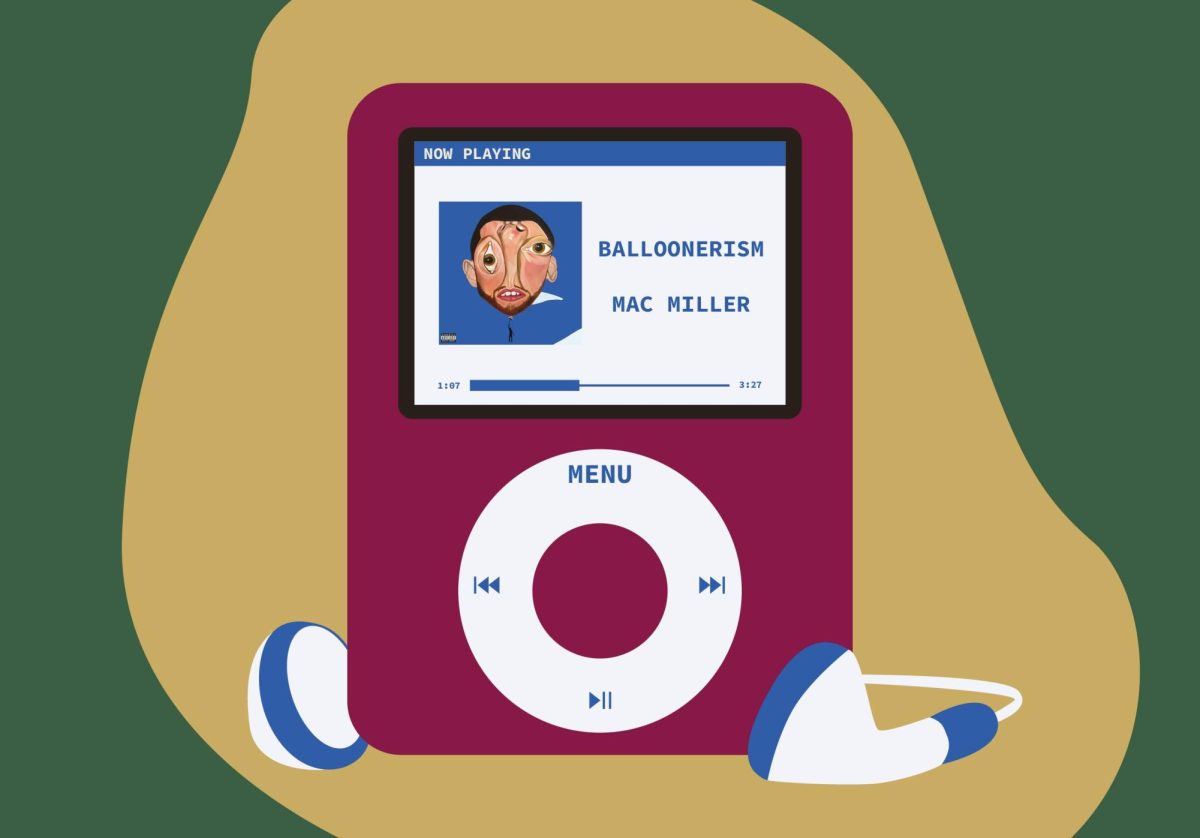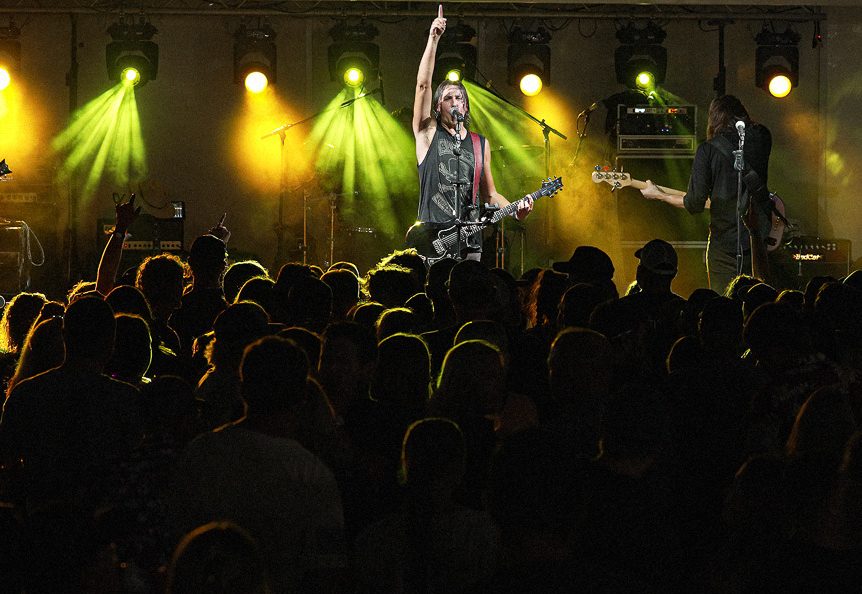What: Zeitgeist Early Music Festival
When: 7:30 p.m., Friday and Saturday; 2 p.m., Sunday
Where: Studio Z, 275 E. Fourth Street, Suite 200, St. Paul
Cost: $10 for one day; $25 for full festival pass
When the quartet Zeitgeist isn’t performing there, Studio Z is covered in a tangle of wires and instruments. Usually it’s the regular fare for the new music group — two percussion instruments, a piano and some sort of woodwind — but its Early Music Festival is bringing it in a different direction.
The quartet’s main focus is on an extension of classical music through performing new works by living composers. Perhaps the term “early music” is a bit of an in-joke, considering the earliest piece they’re playing is from 1939, which isn’t even close to a dinosaur in the classical music world — although percussionist Heather Barringer would disagree.
“When you think about how people communicated, even in 1964 … that’s ancient history. It really is,” she said. “Things that were produced in that time are now antiques.”
Barringer, the main manager of the group, describes the event as a callback to the pioneers of electronic music.
“We think of electronic music as being something very new and very avant-garde, but if you think of the way that many people create it nowadays — even 12-year-olds with GarageBand can produce it,” she said. “If Karlheinz Stockhausen could see that? He would flip!”
Stockhausen, the composer of one of the festival’s more challenging pieces, “Mikrophonie I,” had to use more than a MacBook to create his music in 1964.
“Mikrophonie I” is a work designed for a gong and six performers. Two of the players on either side of the gong use found objects — paper towel rolls, plungers, Styrofoam — to strike the metal while two others use microphones to amplify the sounds. The final two are making some considerable magic happen, though, taking those sounds and sending them through a band-pass filter.
A band-pass filter passes sound frequencies through a specified range and rejects any frequencies outside of that range. Essentially, it omits and repurposes sections of the sounds, creating electronic music without the help of a computer. It’s safe to say they don’t teach a class on that at your local Guitar Center.
Woodwind player Pat O’Keefe doesn’t deny the demands of the piece.
“The score is involved and complex — even though it may seem improvised, it’s very, very specifically notated,” he said. “All the instructions are written out in German, so we had to translate them, and we have to have all of these different implements to affect the gong.”
This is what attracts Barringer to the concept of “early music.” The physical effort of it all sheds light on the music that floods through our stereos regularly, whether it’s Diplo or The Strokes.
“It changed everything. It changed who could listen to music, who could put it out through the radio waves. … It democratized the entire system,” she said.
Clearly, as revolutionary as the pieces are, this sort of music isn’t for everyone. Plungers making a gong rattle through a consistently changing sound frequency isn’t exactly ready and accessible.
O’Keefe insists that anyone who calls it “pretentious” or feels hesitant to embrace the style doesn’t have to have a doctoral degree to experience this work — just a pair of open ears.
“In the same way a visual artist creates something you just experience, you’re not looking for melody and harmony and rhythm and all of these traditional elements that are a part of music,” he said. “You have to put aside your expectations about the things that should be in music and just feel it as a sonic experience that’s worth having.”
Zeitgeist realizes that these devices aren’t common, however, and Barringer said the group is going to have an “instrument petting zoo” for spectators after the event. She hopes the array of lesser-known synthesizers, filters and makeshift objects will solidify the importance of this technology for Zeitgeist’s audience.
“It’s every bit as good as airplanes,” she said of the innovations.
“It’s a huge leap.”


